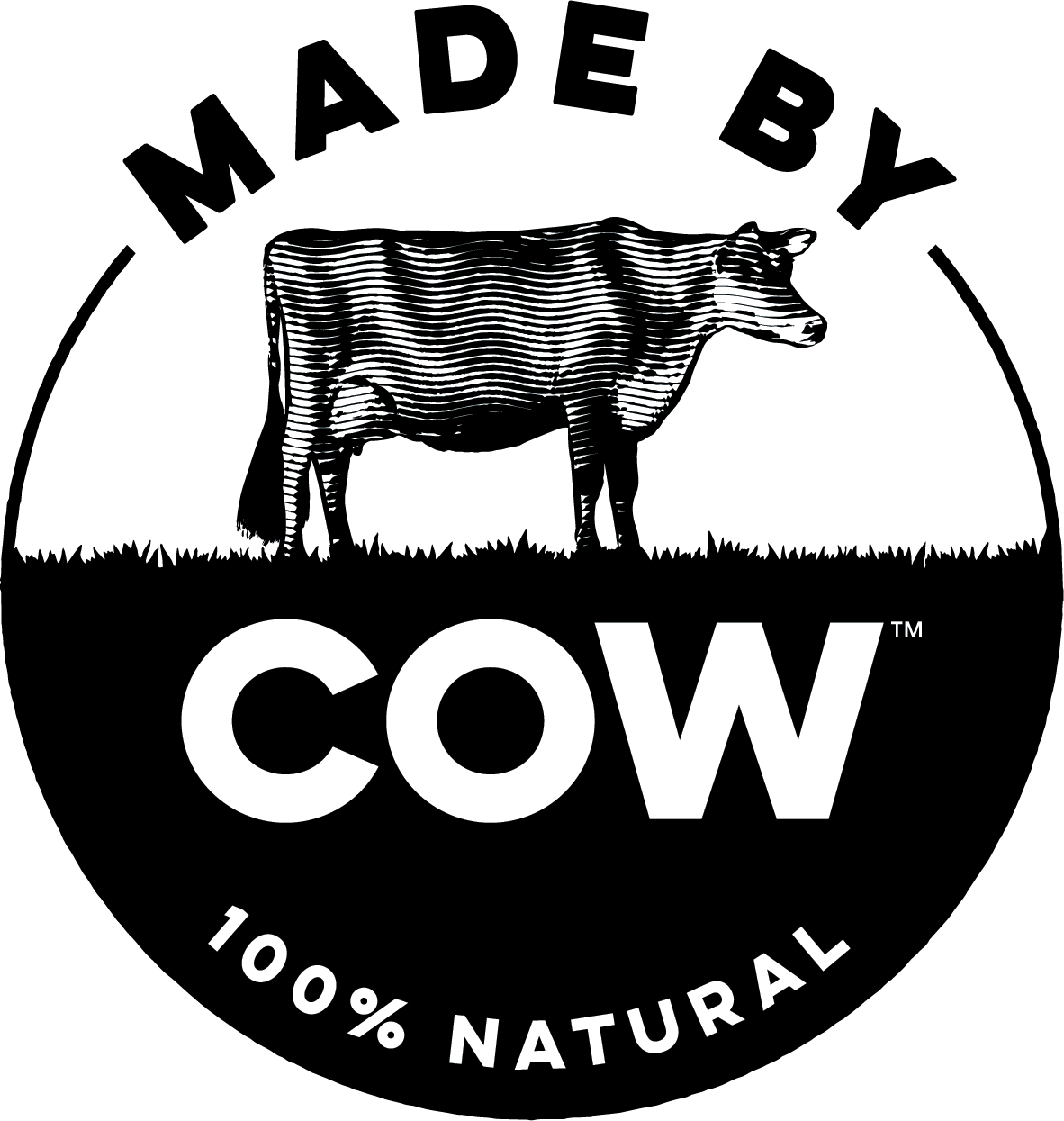MILK’S NATURAL ENZYMES
So what are enzymes exactly? According to the Oxford Dictionary, enzymes are substances produced by a living organism which act as a catalyst to bring about a specific biochemical reaction. These enzymes are required for many of our body’s most important biochemical processes.
AN INDEPENDENT STUDY INTO MILK’S NATURAL ENZYMES
We worked with The University of Queensland, who conducted the independent research on the effects of high pressure on enzymes, and we have published an overview of the results below.
Samples:
Eight milk samples were examined, which included:
Two raw milk samples.
Two Made By Cow Cold Pressed Raw Milk samples.
Two pasteurised milk samples, from the same source of raw milk.
Two commercially pasteurised milk samples.
Method:
The University of Queensland tested four enzymes known to be found in raw milk; Alkaline Phosphatase, Plasmin / Plasminogen, Xanthine Oxidase and Lactoperoxidase. The research was conducted reviewing either the concentration of the enzymes in the milk, or the activity of the enzymes in the milk, and comparing the results across all eight milk samples.
Results:
Based on the enzymes analysed, the enzymes in Made By Cow Cold Pressed Raw Milk were found to exhibit the same concentration and/or activity to the enzymes in the raw milk samples. In other words, the high pressure had little impact on the analysed enzymes in Made By Cow Cold Pressed Raw Milk.
RESULTS OF THE ANALYSED ENZYMES IN;
RAW MILK, COLD PRESSED MILK, PASTEURISED MILK AND COMMERCIAL MILK
1.0 Alkaline Phosphatase Activity
As can be seen in Figure 1, the Alkaline Phosphatase (ALP) enzyme was sufficiently inactivated in both the commercial milk and pasteurised milk samples. This was visible by a significant decrease in ALP concentration in those samples compared to the raw milk samples. This decrease in ALP activity in these samples signify adequacy of heat pasteurisation processing as this enzyme is used as a performance indicator of heat pasteurisation. There was no significant decrease in the quantity of ALP in Made By Cow Cold Pressed Raw Milk compared to the raw milk samples, suggesting the enzyme was not inactivated by the high pressure treatment. ALP is sensitive to thermal processing used in regular pasteurisation, but is not necessarily pressure-sensitive.
Figure 1: Alkaline Phosphatase concentration in milk samples.
2.0 Plasmin and Plasminogen Derived Activity
There did not seem to be any significant difference between the plasmin activity of raw milk samples, Made By Cow Cold Pressed Raw Milk samples and pasteurised milk samples. It seemed the plasmin activity of the commercial milk samples was lower than the raw milk samples. This could be due to higher time/temperature processing used for those milks. In addition to the plasmin, the activity of its precursor, plasminogen, was also measured. No significant differences were observed between plasminogen activity of the samples
Figure 2: Plasmin and Plasminogen activity in milk samples.
3.0 Xanthine Oxidase Activity
The Xanthine Oxidase (XO) activity in the pasteurised milk samples did not seem to be affected by heat pasteurisation. Infact, a slight increase in XO was observed. The high pressure treatment seemed to have a slight negative effect on XO activity, with a marginal decrease in activity observed between Made By Cow Cold Pressed Raw Milk samples and raw milk samples. Despite the slight decrease, these results would suggest that the enzyme was not much affected by the high pressure treatment.
Figure 3: Xanthine Oxidase activity in milk samples.
4.0 Lactoperoxidase Activity
Figure 4 suggests that Lactoperoxidase (LPO) activity in milk was significantly reduced upon heat pasteurisation of milk. The high pressure had a minor effect on LPO activity, compared to heat pasteurisation. Only a slight reduction in LPO activity was observed between Made By Cow Cold Pressed Raw Milk and raw milk samples 1 and 2. These results would suggest that the enzyme was not much affected by the high pressure treatment.
Figure 4: Lactoperoxidase activity in milk samples.
Source: The University of Queensland ‘Supplementary Report – Milk Enzyme Analysis’, Dr Nidhi Bansal, 10 February 2017.
DISCOVER THE GOODNESS OF COLD PRESSED RAW MILK






